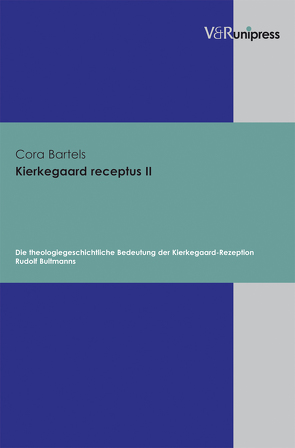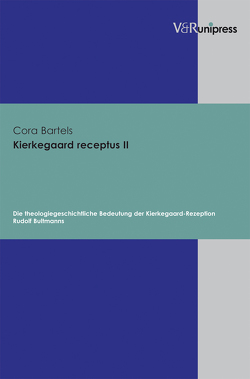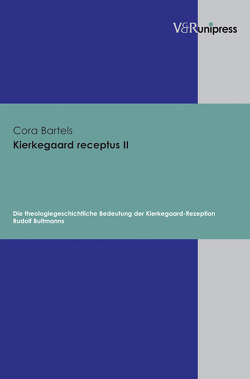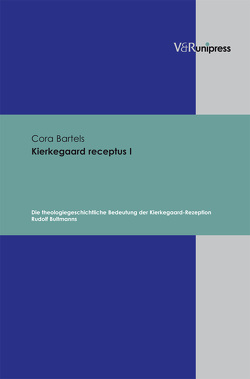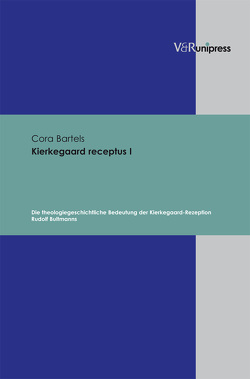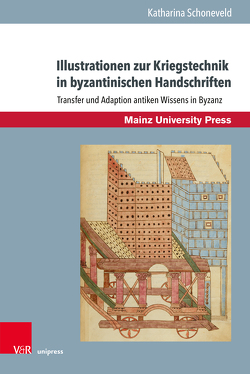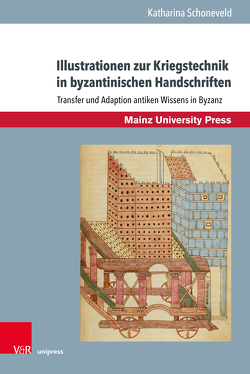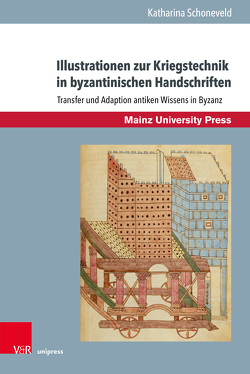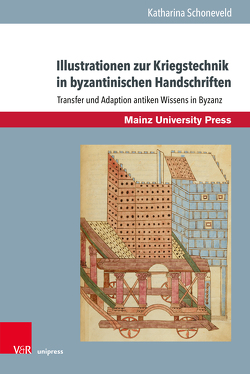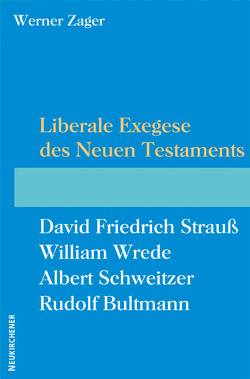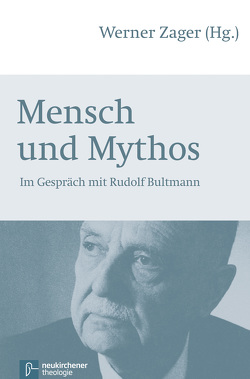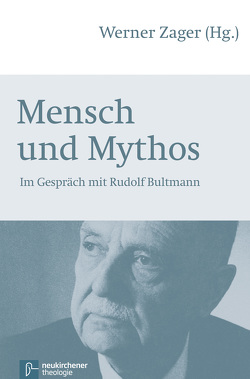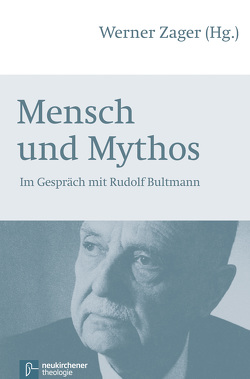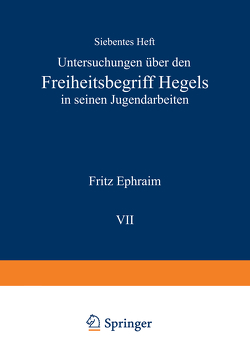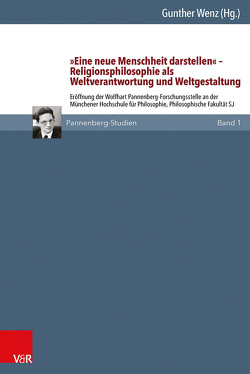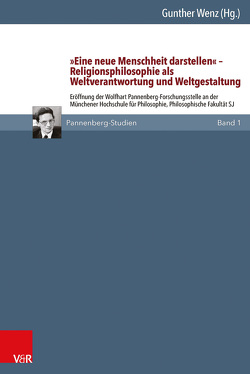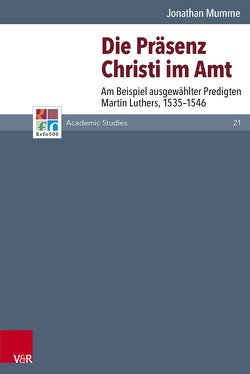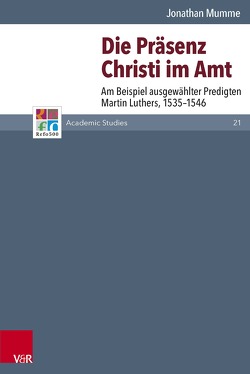Kierkegaard receptus II
Die theologiegeschichtliche Bedeutung der Kierkegaard-Rezeption Rudolf Bultmanns
Cora Bartels
In her second volume on the genesis of the exegetical and systematic theology of Rudolf Bultmann, the author examines the relation between Bultmann’s reception of Kierkegaard and of Heidegger. From the time of publication of Heidegger’s Being and Time, Bultmann was accused of leaving the field of theology because he resorted to Heidegger’s Daseinsanalysis. After the end of the war, Bultmann’s lecture „New Testament and Mythology“ (1941) gave rise to debates so fierce that they brought the Apostles‘ Creed Dispute of 1892 to mind. One major reason for these misunderstandings is that Bultmann’s critics were biased in their emphasis of his Heidegger reception, not recognising that in his call for an existential interpretation he was essentially seeking to draw the consequences from Kierkegaard’s reflections on the indirectness of the Revelation, and saw Heidegger’s Daseinsanalysis as a possibility for pointing to the difficulty of appropriating faith owing to the indirectness of the Revelation.
